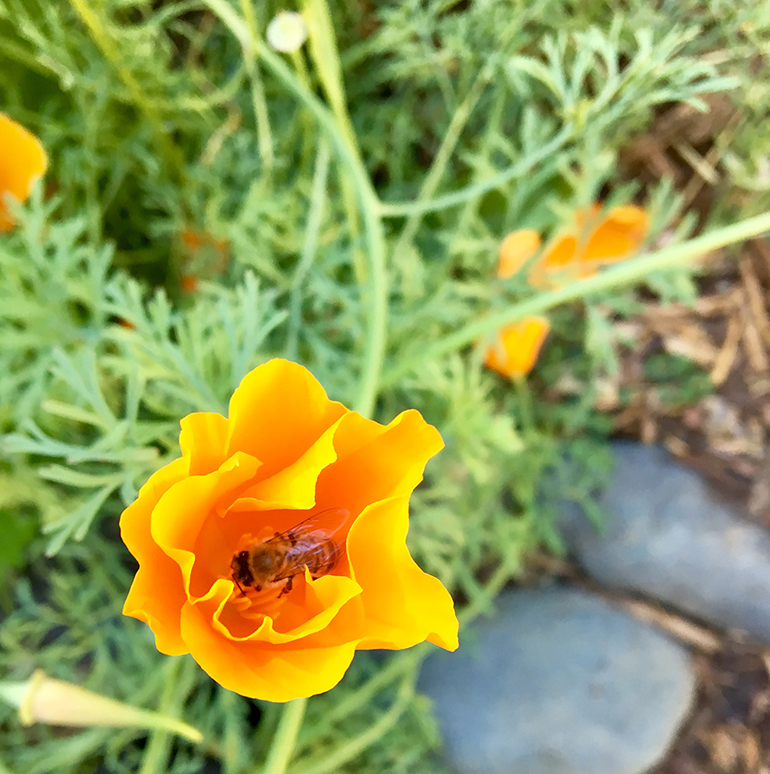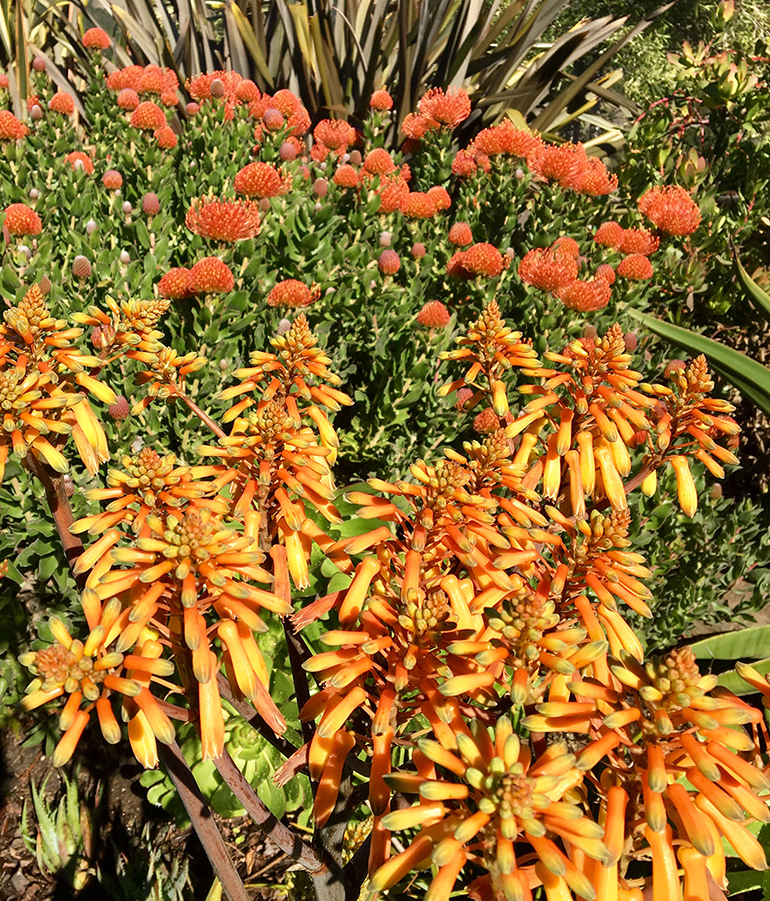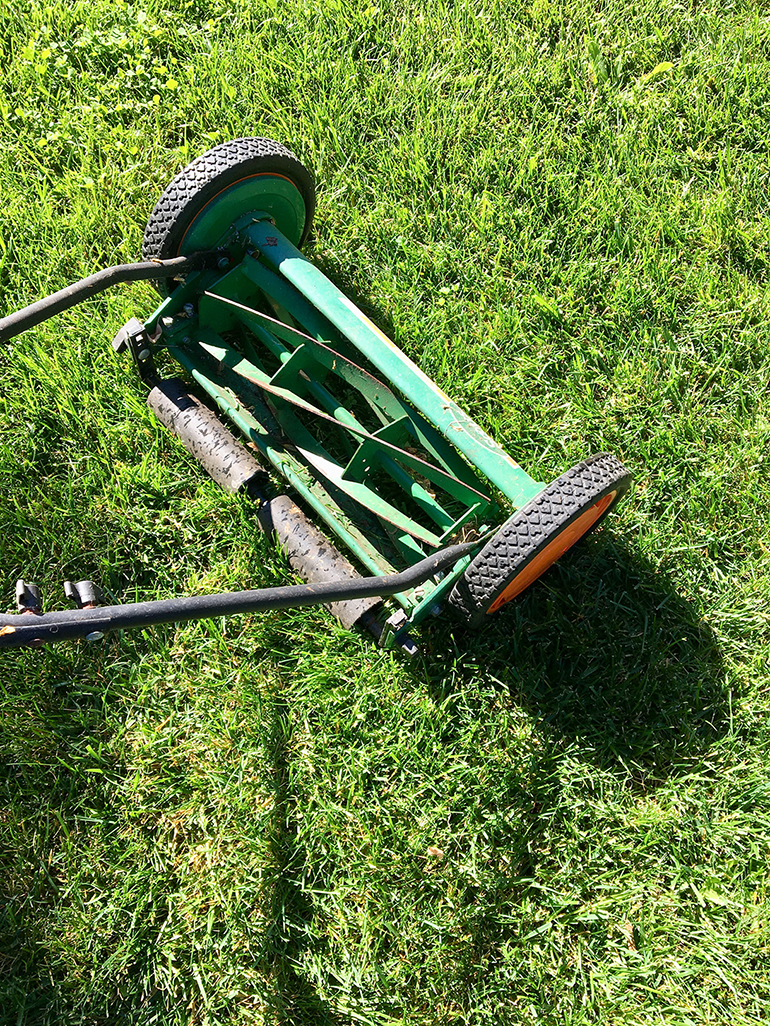As gardeners, we know we play a small part in the fight against global warming. Our gardens contribute oxygen, store carbon in the soil and add to animal and plant diversity. But gardeners can step it up even more with sustainable practices that further reduce greenhouse emissions, save water and money, and lessen the environmental footprint.

CARBON CONSUMERS
Trees remove carbon dioxide from the air and store it in the soil. A mature tree can consume 48 pounds of this colorless gas per year and release enough oxygen to support two people, according to the Trust for Public Land in Sacramento. By planting trees, you also save money on heating and cooling costs, because trees let in winter sun but shade out the summer sun.
GAS FREE
Reduce use of gas-powered garden tools such as lawn mowers, weed whackers and leaf blowers, as they create large amounts of ozone pollution — by 2020, state air quality officials say, they will produce more than cars. Instead, choose hand-powered tools like push mowers, rakes and brooms.
KEEP COMPOSTING
Avoid putting food and yard waste into the garbage; in landfill, it rots and releases greenhouse gases such as methane, which is 84 times more potent than carbon dioxide as a heat-trapping gas. Instead of throwing these scraps away, start your own compost system and bring the healthy homemade product back to your garden.

GROW YOUR OWN
Transportation, packaging and food storage all require the use of fossil fuels, so try growing your own organic food. You eliminate two pounds of released CO2 for every pound of homegrown produce you grow.
NO POISON
Making and transporting chemical fertilizers, weed killers and pesticides generates a lot of carbon; they’re also harmful to people, wildlife, fish and insects. Overuse of synthetic fertilizers releases nitrogen into the atmosphere as nitrous oxide, which also contributes to global warming. Instead, use organic compost to feed your garden, allow worms to naturally till your soil and lure beneficial insects to combat bad bugs.
WATER WISDOM
Collect rainwater in rain barrels and use it when needed. Rip up part of your water-thirsty lawn and introduce an attractive mixture of natives, succulents and pollinator-friendly plants. Also use mulch to conserve soil moisture.

HAVEN MAVEN
Grow a diverse range of plants to increase biodiversity and provide habitats for birds, animals and beneficial insects.
FALLING FOR FALL
Plant your garden in the autumn to reduce the amount of water needed to get your plants established.
This article originally appeared in Marin Magazine as “Curbing Carbon”.


